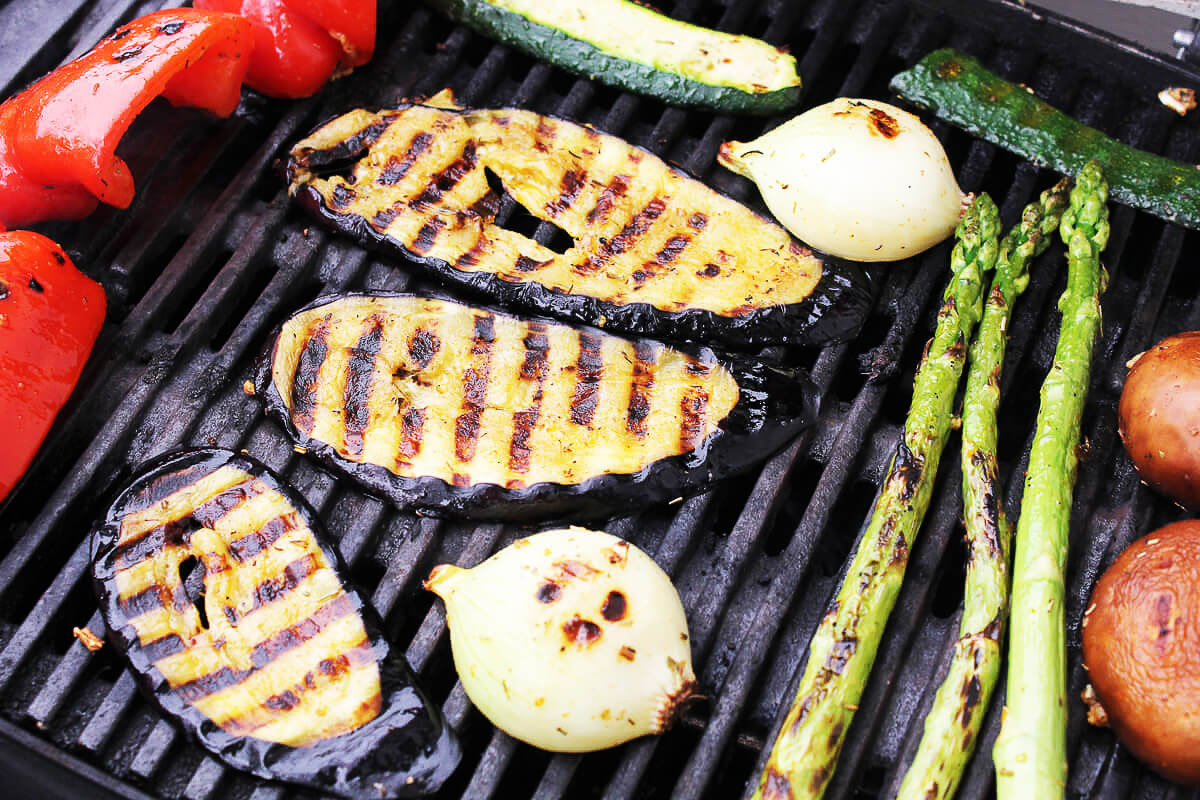10 Effective Ways to Clean a Commercial Kitchen Countertop
Written By James Morgan
Meta Description: Learn how to clean a commercial kitchen countertop with these 10 effective methods.

Introduction
Maintaining a clean commercial kitchen countertop is essential for barbecue enthusiasts who take pride in their grilling skills. Not only does it ensure food safety, but it also extends the life of the countertop. In this comprehensive guide, we'll explore the best methods for cleaning and maintaining your commercial kitchen countertop. Whether you're a seasoned grill master or a novice, these tips will help keep your cooking space spotless.

Why Clean Your Commercial Kitchen Countertop Regularly?
Regular cleaning of your commercial kitchen countertop is crucial for several reasons:
- Food Safety: Prevents the buildup of harmful bacteria and contaminants.
- Longevity: Prolongs the lifespan of your countertop material.
- Appearance: Keeps your kitchen looking professional and inviting.
Understanding Countertop Materials
Different countertops require different cleaning approaches. Common materials include:
- Stainless Steel: Known for its durability and ease of cleaning.
- Granite: Requires gentle, non-acidic cleaners to avoid damage.
- Quartz: Non-porous and easy to maintain with mild detergents.
- Laminate: Affordable but prone to scratches and stains, needs delicate care.

How to Clean a Commercial Kitchen Countertop
1. Daily Wipe Down
Start by wiping down the countertop with a damp cloth and mild detergent to remove surface dust and grime. This step is essential to prevent buildup and ensure a clean working surface.
2. Deep Clean Once a Week
Perform a deep clean weekly to tackle stubborn stains and hidden dirt. Use a mixture of water and vinegar for stainless steel or a gentle countertop cleaner recommended for other materials.
3. Sanitizing for Food Safety
Sanitizing your countertop is crucial in a commercial kitchen. Use an approved food-safe sanitizer after each use, especially after handling raw meat.
4. Dealing with Stains
For tough stains, make a paste of baking soda and water and apply it to the stained area. Let it sit for a few minutes, then scrub gently and rinse clean.
5. Preventing Scratches and Damage
Use cutting boards and mats to protect your countertop from scratches and direct heat. Avoid using abrasive scrubbers that can damage the surface.
6. Handling Grease and Oil
Grease and oil stains can be stubborn. Use a degreasing agent or a mixture of dish soap and warm water to break down and remove these stains effectively.
7. Maintaining Granite Countertops
Granite requires special care. Avoid acidic cleaners that can etch the surface. Use a pH-neutral stone cleaner and reseal the countertop annually to maintain its shine and protection.
8. Cleaning Quartz Countertops
Quartz is non-porous and easy to maintain. Clean spills promptly with mild detergent and water. Avoid harsh chemicals that can damage the resin bond.
9. Caring for Laminate Countertops
Laminate countertops are susceptible to moisture damage. Wipe spills immediately and use a gentle cleaner. Avoid soaking the surface to prevent warping.
10. Using Natural Cleaners
For those who prefer eco-friendly options, natural cleaners like lemon juice, vinegar, and baking soda can be effective. Ensure these are suitable for your specific countertop material before use.

FAQs
1. Can I use bleach on my commercial kitchen countertop?
It depends on the material. Bleach can be used on non-porous surfaces like stainless steel, but it's not recommended for granite or quartz as it can cause damage.
2. How often should I reseal my granite countertop?
It's recommended to reseal granite countertops once a year to maintain their protective barrier and shiny appearance.
3. Is vinegar safe for all countertop materials?
No, vinegar is acidic and can damage certain surfaces like granite and marble. Always check the suitability of natural cleaners for your countertop material.
4. What is the best way to remove grease stains?
Use a degreasing agent or a mixture of dish soap and warm water. Apply, let it sit for a few minutes, scrub gently, and rinse clean.
5. Can I use abrasive scrubbers on laminate countertops?
No, abrasive scrubbers can scratch the surface. Use a soft cloth or sponge to clean laminate countertops.
6. How can I prevent my countertop from getting scratched?
Use cutting boards and mats, avoid direct contact with sharp objects, and refrain from using abrasive cleaning tools.
Conclusion
Cleaning a commercial kitchen countertop effectively requires attention to detail and an understanding of the specific material. By following these tips, you can maintain a clean, safe, and durable countertop that enhances your grilling experience. Remember, a well-maintained kitchen is the secret to great barbecue!
As an Amazon Associate, I earn from qualifying purchases.



